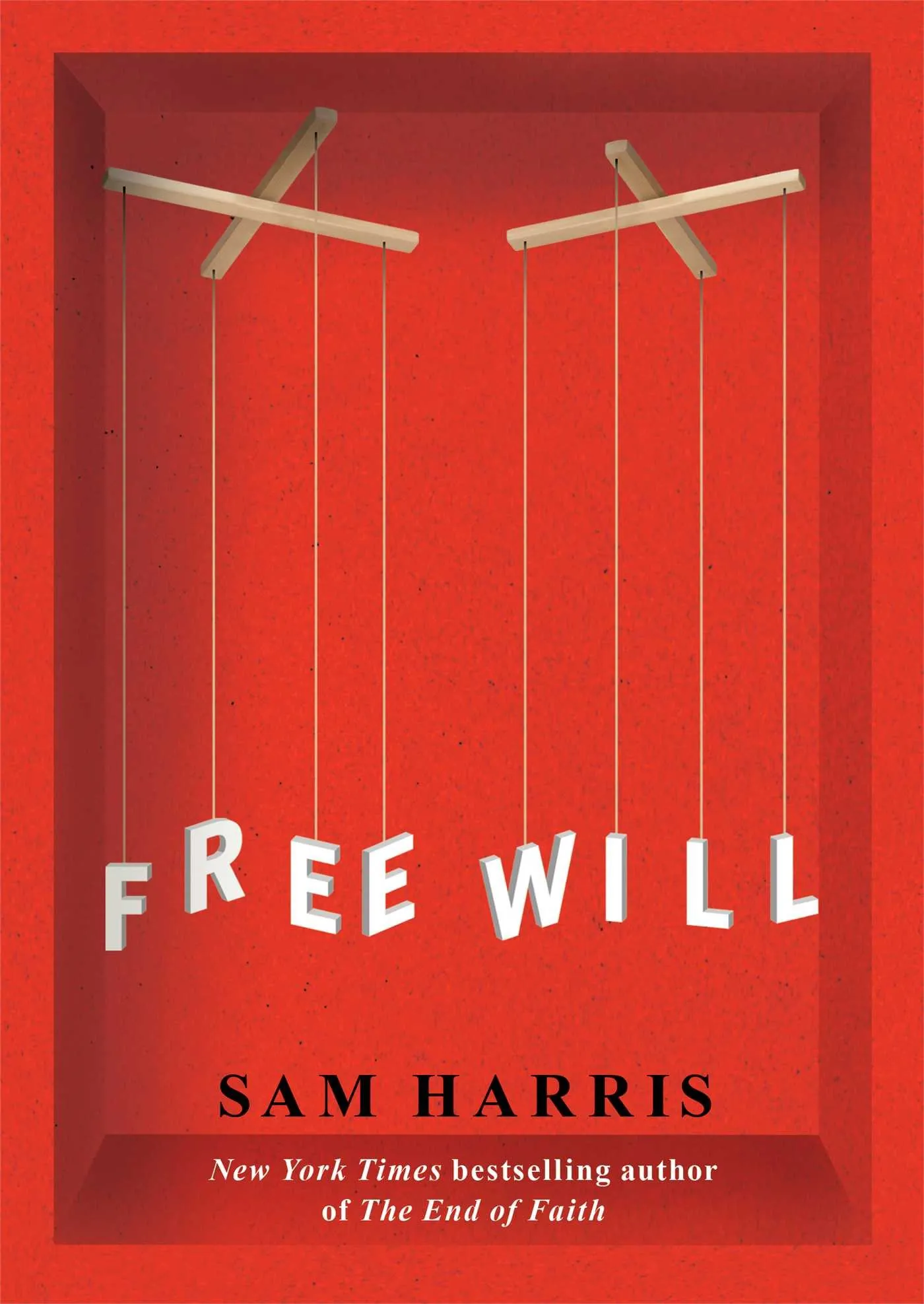
Free Will - Sam Harris
This short book is one of my all time favorites, and I try to read it once every year or two.
A lot of my audience doesn't like Sam because he's a staunch atheist, but I promise that this concept is worth understanding, and to me it works whether there is a God or not. I also disagree with Sam on many religious, political, and philosophical points. But he remains one of my favorite thinkers and authors.
We think that we are the creator of our thoughts, but, there is solid evidence that this is not the case. I believe that we are basically antennas, and this has allowed me to focus my energy on interpreting and developing the ideas that come to me, rather than try to come up with ideas of my own.
When I was younger and my ego was large, this concept would have hurt my feelings. We want to think that we are special and that we are responsible for our thoughts and actions. The absence of free will does not absolve us from responsibility, but in my opinion it absolves us of a lot of stress.
Intellectually this concept is satisfying to me, but it also helps me live my life and do my creative work without stressing too much. I know that the right ideas will most likely come right to me, and I just have to make sure that I put in the work of writing them down or drawing the picture as I see it in my head. Whether I am the "real" author of such ideas or whether they came to me via the ether is irrelevant to me. I think this demonstrable absence of free will actually disrupts the foundations of atheistic theory, but fortunately Sam doesn't spend as much time on this part of the philosophy, and instead focuses on the facts and how this applies to our life on the ground. I consider this mandatory reading.
Atheists tend to have trouble with purpose in life, and this may help them "go with the flow" a bit easier. And religious people tend to really believe in free will. Ironically the concept of free will gives a lot of fuel to atheist arguments - i.e. if God gave you free will, why would he punish you for using it?
I think this world does have guiding values that we all intuitively understand. Most of us know what is right and wrong, and do tend to act in accordance. And most of us understand that free will can displace our concept of right and wrong - where is the line when a human becomes responsible for their actions? We don't punish babies for breaking something but we consider an adult responsible.
This problem is most pronounced in criminal behavior, as there are definite links between the state of the brain and the ability for someone to control or understand their actions. In the health business I know that a blood sugar problem can basically make someone "crazy". The question really is: is this their fault? If their thoughts and actions are influenced by chemical factors or brain damage, then how culpable are they?
Harris uses several examples to discuss this philosophy of culpability in relation to free will, and I think he does a really good job of it. Many people think that this dismisses our actions, if we are not responsible for them. This concept challenges the foundation of law and order. But we can still hold people accountable for their actions, while understanding their limited culpability.
I didn't mean to give too much away in this review, but this topic invites a very stimulating conversation that I have attempted to begin with you here. This is one of my longest reviews for one of the shortest books on my shelf, and after many years of thinking about this it still intrigues me and pulls me back in.
Do we have free will? Sam makes a very strong case that we do not. Does this take anything away from us? I don't think so. I believe that knowing how things really are allows us to fully utilize this life to the fullest.
I highly recommend this book. And I recommend reading it more than once.